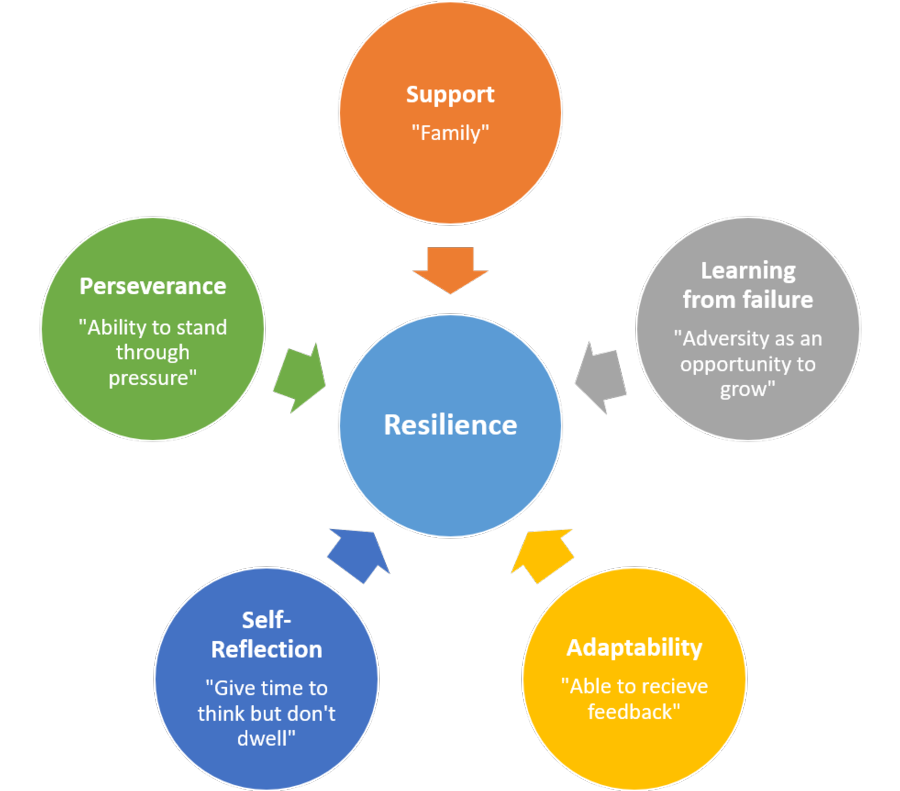PS7-06: HOW APPLICANTS TO GENERAL SURGERY RESIDENCY DEFINE RESILIENCE
Sarah Hayek, MD1, Collin Hummel2, Samantha Lane, MHS1, Halle Ellison, MD1, Katelyn Young, BS1, Christie Buonpane, MD1, Marie Hunsinger, BHSN, RN1, Mohsen Shabahang, MD, PhD1; 1Geisinger, 2Bloomsburg University
Introduction: Resilience is a vital quality for the successful completion of any residency training program. Resilience is a commonly used but poorly understood term and is defined in multiple ways by people during different times of their lives. The transition from medical student to general surgical resident (GSR) is one of the most formative times in a young surgeon’s professional career. The purpose of this study is to determine how a cohort of aspiring surgical residents define resilience.
Methods: This is a qualitative study where interviews were conducted with 117 prospective GSRs at an academic tertiary care center over two application seasons. Applicants who underwent an in-person interview were included. During the institution’s standard interview process, applicants were asked to provide a definition of resilience. Responses were documented by the interviewer.
Qualitative content analysis was conducted by the research team which consisted of faculty, research staff and one resident. Initial codes were developed and defined. Research team members independently coded the responses and then an iterative group consensus process was used to develop the final themes.
Results: A total of 261 comments about resilience were available from 117 interviews. These responses were categorized into five themes: support, learning from failure, adaptability, self-reflection, and perseverance (Figure 1).

Figure 1: Example of categorization of themes
Conclusion: Resilience as defined by applicants to a general surgery residency program is a multifaceted term. The thematic categories suggest that resilience can be viewed through the framework of the five components of emotional intelligence: self-aware, self-regulation, motivation, empathy, and social skills.
